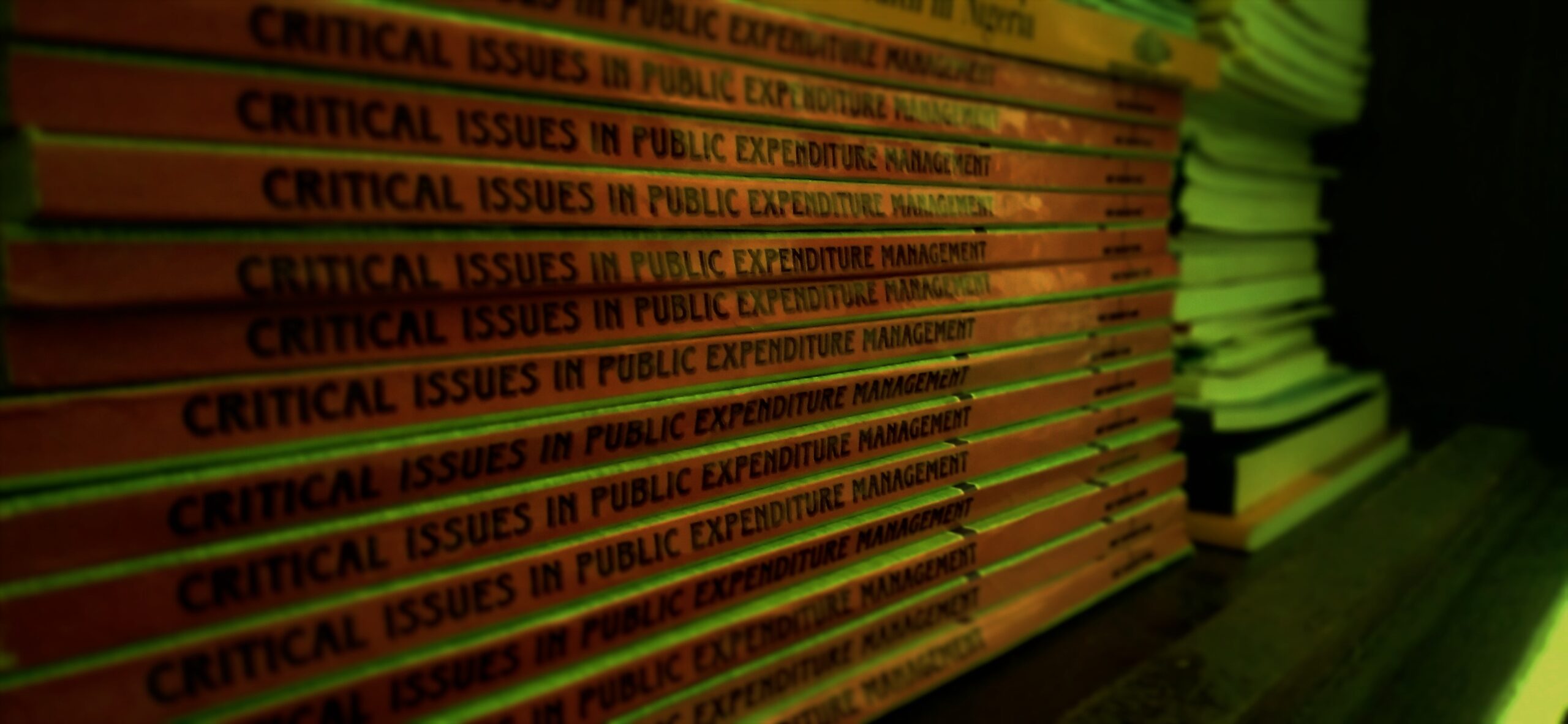The key objectives are to:
- Provide a platform for support and learning between Civil Society Organisations (“CSOs”), legislative committees and the Fiscal Responsibility Commission (“FRC”) in the oversight of FRA issues;
- Engage Ministries, Departments and Agencies (“MDAs”) in the preparation and review of their Medium Term Sector Strategies (MTSS);
- Engage the preparation process of Medium Term Expenditure Framework (MTEF);
- Build the capacity of civil society on the detailed provisions of the FRA and to support CSOs to improve on needed skills for monitoring, reporting and evaluating the implementation of the FRA;
- Monitor, report and engage in action advocacy for the implementation of the FRA;
- Raise public awareness and sensitisation on the FRA through the media;
- Advocate for the enactment of Fiscal Responsibility Laws in states that are yet to enact the law.
Activities so far include capacity building workshops held in Abuja, Kaduna and Owerri in 2009 which trained over 120 CSO representatives.
In 2011, it undertook fiscal forums in Gombe, Sokoto, Makurdi and Owerri to sensitise the public on the provisions of the FRA. In 2012, fiscal forums were held in Lagos, Calabar and Enugu while in 2013, fiscal sessions were held in Port Harcourt, Ibadan, Sokoto, Makurdi, Owerri and Gombe.
The University Outreach component has led to lectures on fiscal governance for students from different faculties at the Nnamdi Azikiwe University, University of Calabar, Anambra State University, Benue State University, Othman Dan Fodio University and the University of Ibadan.
A manual for the monitoring of the FRA (Fiscal Reality) has been produced and over 4000 thousand copies of the manual have been printed and distributed. The manual apart from containing monitoring strategies also contains a monitoring checklist. A newsletter “Fiscal Update” is published on a biannual basis – it reviews the activities of government and its agencies and civil society in fiscal issues. The annotation of the FRA has been published as Fiscal Responsibility Made Easy.
In terms of monitoring and reporting, biannual and annual reports on the implementation of the FRA have been published. The biannual reports include “Irreducible Minimums”, and “Continuation of the Norm”, two annual reports – “Obedience in the Breach” and Sinking Deeper” have been published. The project has engaged the Central Bank of Nigeria for the CBN to use banking supervision as a mechanism for the implementation of the FRA. It conducted the first diagnostic study on the FRA which revealed the strengths, weaknesses and best practices emerging from the implementation of the FRA.
CSJ disseminates fiscal news and activities on a daily basis through our various cluster platforms (Email Newsletters, Twitter, WhatsApp and Facebook). These platforms serves as a discussion forum on fiscal responsibility. The project also publishes articles in the print media and participates in electronic media discussions. The project engaged the FRC in the formulation of its initial work programme and has involved the FRC in all its capacity building activities. In collaboration with the FRC, it reviewed the provisions of the 2010 and 2011 Federal Appropriation Bills in the light of the provisions of the FRA. It further reviewed the MTEFs 2010-2012, 2011-2013, 2012-2014 and 2013-2015.
CSJ has engaged the National Assembly Committees on Finance and Appropriation. It organised the first FRA National Forum in collaboration with the House of Representatives Committees on Finance and Appropriation. The Forum reviewed the provisions of the FRA, implementation so far and best practices that have emerged and validated the results of the diagnostic study.
The project engages in public impact litigation for the enforcement of PFM laws. An example is the concluded suit against the President and Minister of Finance which relied on the liberalized locus standi provisions of the FRA 2007 to seek the constitution of the FRC. The suit facilitated the eventual constitution of the FRC by the President. The project sent a freedom of information request to the Minister of Finance requesting for the details of the statutory transfers in the 2012 budget estimates and followed it up with suit when she failed to provide the information. This suit is geared to facilitate transparency and popular participation in the budget approval process.
Other pending suits include the FOI requests:
- On the Accountant-General of the Federation to make public the Annual Cash Plan for 2013;
- On the Minister of Finance to make public the Budget Disbursement Schedule 2013. This has led to the disclosure of the 2013 Budget Disbursement Schedule.
- Disclosure of the details of MDAs that harboured ghost workers and their numbers
At the sub-national level, the focus is on advocacy for enactment of fiscal responsibility laws and in states where the law has been enacted, the focus is the same as the federal level. To encourage states to produce fiscal responsibility laws, a draft model law on fiscal responsibility has been developed. The project’s core personnel did a clause by clause analysis of the Bayelsa, Anambra and Kaduna States Fiscal Responsibility Bills. The analysis was sent to their respective legislature. The project has also presented an advocacy paper on the need for a state level fiscal responsibility law to the Benue State high level retreat for members of the state executive council and the legislature.

